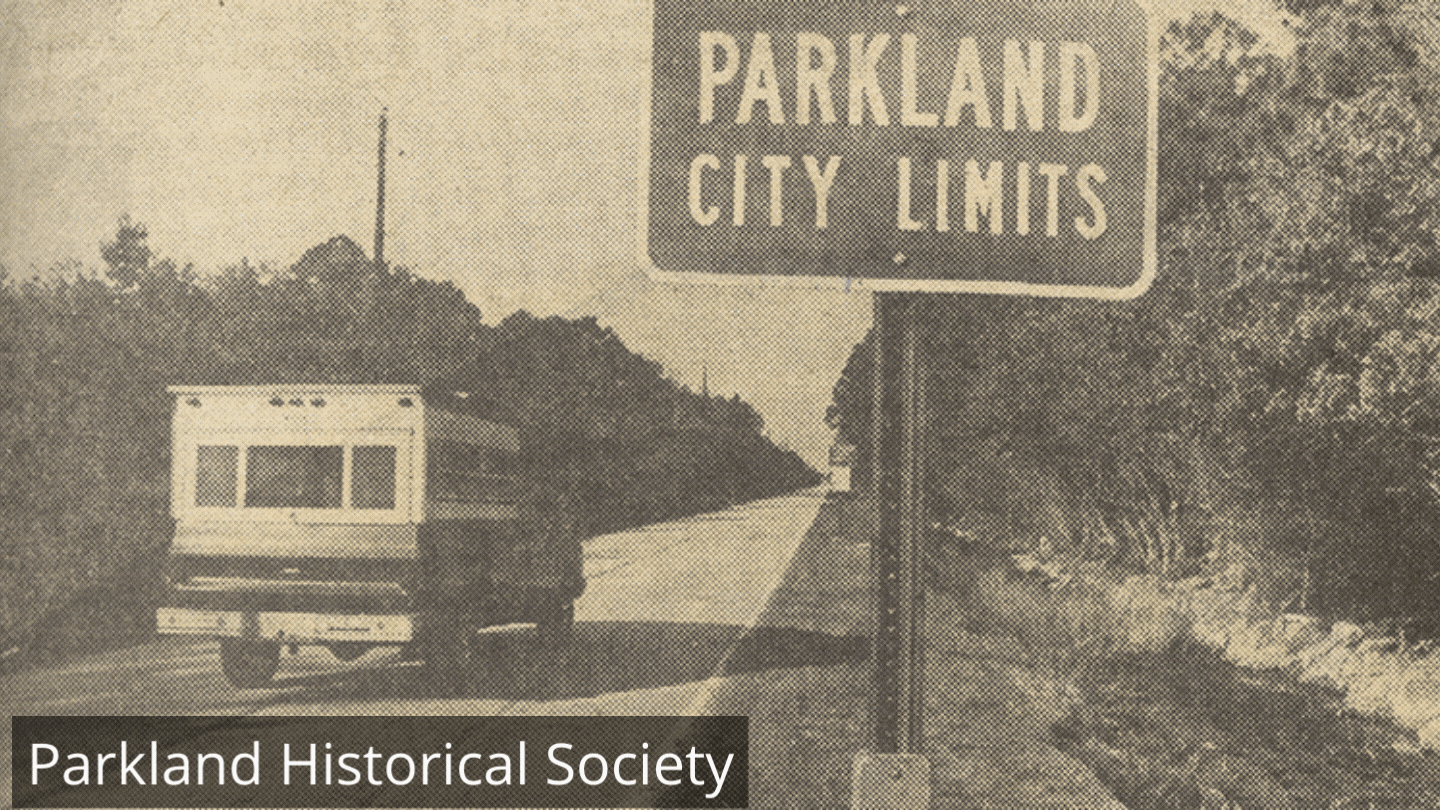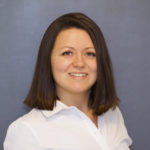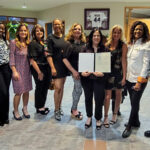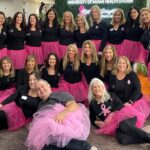
By Agrippina Fadel
Parkland Historical Society is looking for “new blood” and needs new members to help maintain the archives and take on new projects and events.
Jeff Schwartz, President of the Historical Society, said Parkland is a great city with rich history, and preserving it for future generations is honorable and exciting work. Yet, with about 70 members on paper, many of whom do not attend meetings or pay the dues, the Society sees less and less participation and desperately needs active volunteers.
“Our group has gotten smaller and older, so we are looking for new members to take the society to a new level,” he said, adding that the Historical Society is excited to be a part of the Parkland Day, celebrated on March 11, 2023, which will include a parade and other events. However, the current group does not have enough people to put together a float.
“We are really looking forward to quite a few new events around the city once we have enough volunteers to be able to prepare and execute them,” said Schwartz.
Founded in 2000 by former mayor Harold Bockhold, the Historical Society aims to preserve the city’s past and serve as the depository of all historical artifacts, written accounts, oral histories, folk-life, and memorabilia relating to Parkland since its establishment in 1963.
The Society compiles information to make it accessible to the public online and through historical displays, educational seminars, and in the future, Parkland’s own Historical Museum.
“We are dedicated to preserving local traditions and providing opportunities for the community to learn about Parkland’s heritage. There are quite a few exciting projects and discoveries under our belt,” said Schwartz.
One of such discoveries was the history of Parkland’s main road that runs through the city from Route 441 all the way west. “Everyone in the city drives on Holmberg Road daily, but not many people know about its name’s origin,” he added.
Schwartz explained that one of the Society’s members, Ken Cutler, a great researcher who happens to be the city’s vice mayor, investigated the matter and found out who Dr. Louis Holmberg was.
“We did a full exposition on it here in the city and dedicated one of the historical portals to Holmberg Road to educate the public about it,” he said.
Schwartz added that research and preservation of the Margate Blount Site, a Native American Burial Site excavated four times between 1959 and the early 2000s, is another important project for the Historical Society.
“It is not widely known that Parkland’s first mayor, Bruce Blount, was the one who discovered the burial site. He owned the land where it was located. As he was plowing part of it, his tractor turned over a piece of wood, and inside of it was a crypt with skeletal remains,” he said.
Blount and his brother Berry also donated the 600 acres of land that created the first part of Parkland.
The Historical Society continues its work on informational portals that highlight sites and events around the city.
“We have twelve portals and working on the thirteenth. I often see families with children stopping to read them. This is such a great way to learn the city’s history,” he added.
“If a hundred years from now a Parkland resident will look back and say, “I want to know what happened to my great aunt,” our archives will help them.” — Jeff Schwartz, President of the Historical Society.
New members, especially children, and young adults, will find a lot of exciting projects to participate in and will be able to count the effort as community volunteering hours for high school or college, he said.
Individual membership is only $10 a year, $20 for a family, or $100 for a lifetime.
Membership does not require a continuing commitment. Some tasks can be accomplished in a couple of hours whenever a volunteer has time, including work in the archives, interviews with residents and prominent people, writing articles, and photographing city events.
“The most important thing that Society has done is to retain and grow the city’s historical archive. It is an ongoing process because today’s daily events will become history in the future. We are still gathering, retaining, and digitizing information, and we can really use some help,” said Schwartz.
He added that knowing and honoring history is essential on a municipal and personal level. “If a hundred years from now a Parkland resident will look back and say, “I want to know what happened to my great aunt,” our archives will help them,” he explained.
Send your news to Parkland’s #1 award-winning news source, Parkland Talk.
Author Profile

Related
 NewsOctober 17, 2024Parkland Chamber Launches Women’s Networking Collaborative
NewsOctober 17, 2024Parkland Chamber Launches Women’s Networking Collaborative NewsOctober 13, 2024GlamBar Salon Rebrands as Alchemy Park, Expands into Franchising
NewsOctober 13, 2024GlamBar Salon Rebrands as Alchemy Park, Expands into Franchising NewsSeptember 25, 2024Tickets On Sale: Not My Daughter Cancer Awareness Event Returns for 15th Year
NewsSeptember 25, 2024Tickets On Sale: Not My Daughter Cancer Awareness Event Returns for 15th Year NewsAugust 27, 2024Tickets On Sale: Not My Daughter Cancer Awareness Event Returns for 15th Year
NewsAugust 27, 2024Tickets On Sale: Not My Daughter Cancer Awareness Event Returns for 15th Year










